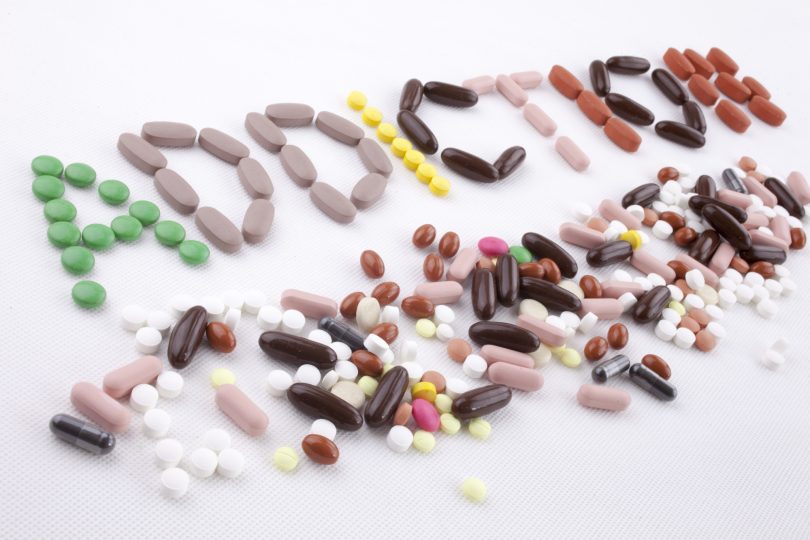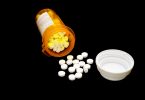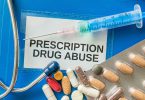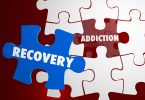Opioids, alcohol, and marijuana. These are the things we imagine when someone says the word “addiction.” And when nearly 3 million people in the US struggle with opioid abuse, it’s understandable why they come to mind.
That said, what is addiction? The problem with addiction of any kind is the difficulty in determining when a habit has reached an addiction level. When you try to boil addiction down to a single definition, people struggle to agree on the contributing factors.
In this guide, we aim to enter the mind of an addict. Join us as we discuss how addiction works in the brain.
What Is an Addict, and What Is an Addiction?
Even among the neuroscience community, this is a tricky topic. Some view addiction as a brain disease, while others consider it to be a natural evolutionary trait. But one thing is for certain: the brain of an addicted person is different from that of someone who is sober.
To understand addiction, we should understand how it happens. It occurs when a behavior–for example, using narcotics–alters the neural circuits in the brain. Particularly, the neurotransmitter dopamine.
Dopamine: What Is an Addiction?
Many cite dopamine as the brain’s pleasure or “feel good” chemical. It is true that this is the chemical responsible for addiction. But that dopamine creates pleasure is a myth.
Dopamine does have a close association with serotonin and other mood regulators like endorphins. But the purpose of dopamine concerns creating patterns of behavior, such as habits. What dopamine does is reinforce patterns that the brain perceives to be good for you–even if they aren’t.
The Pleasure Response
Typically, an addiction triggers a strong, pleasurable response, such as an opioid high or the numbness of being drunk.
The brain sees this as a benefit; it makes the addict happy, after all. So dopamine comes into play and reinforces this behavior.
This means that the next time the addict gets a craving, the brain urges them to satisfy it. Dopamine has reinforced this behavior. Once you satisfy it again, you get a guaranteed dopamine high.
Dopamine can be really good for positive behaviors, such as planting a garden or writing a book. But it does have the unfortunate side effect of encouraging negative ones, too.
Key Features of an Addiction
Most people define addiction as “you know it when you see it.” Here are some of the signs that someone may be an addict:
- They cannot handle everyday responsibilities (work, taking care of kids, etc.) without first sating their addiction
- They make poor life choices (i.e. borrowing too much money) to sate an addiction
- Their relationships suffer as a result of the addiction
What Is a Drug Addiction?
Dopamine is not the only factor in addiction. Addictions alter your brain chemistry beyond just feeling pleasure under the influence of certain chemicals. This gets more complicated when you have a substance addiction, i.e. drugs.
The brain and body began to perceive a substance as necessary for its function. They begin to thirst for it as they might for water even though you can live a healthy life without ever consuming it.
In the process of coming clean, addicts will eventually have to quit cold turkey. But despite the fact that their body doesn’t need the addictive substance, that doesn’t mean they are out of the thick of it yet. Instead, the body has a shock reaction when the dopamine pathway does not lead to satisfaction.
This is what medical professionals call withdrawal symptoms. The body goes into panic mode, demanding the satiation of a particular drug. And in some severe cases, such as alcohol addiction, a person can end up in the hospital and die without satiation.
What Is an Opioid Addiction?
If you were to ask, “What is the most addictive substance?” then the answer would be opioids, or opiates. Opioids are an addictive family of drugs that humans have been using for hundreds of years.
Here are some examples of common opioids:
- Opium
- Morphine
- Oxycodone
- Heroin
- Fentanyl
Opioids provoke a powerful pleasure response in the brain. They bind to opioid receptors across the body, creating a jaw-dropping sense of euphoria.
Opioids work great to kill pain, but they are incredibly addictive. Many people who begin to take opioids for chronic pain cannot stop taking them. After using them as a painkiller for months, to cease would induce life-threatening withdrawals.
How to Stop an Addiction
The good news is that addiction is not insurmountable, even though it may seem that way for addicts. To kill addiction, one must rewire their brain. The only way to do this is to stop consuming the drug and avoid relapse at all costs.
Of course, this is easier said than done, especially for extreme addicts. Seeking out an inpatient substance abuse center may be necessary. Support from friends and family will help someone curb their cravings.
Here are some tips for cutting an addiction:
- Remove all temptation for a relapse from your everyday life
- Leave situations where a relapse is likely to happen
- Build new habits to replace addictive habits (i.e. take a walk when you feel like smoking)
- Surrender some autonomy to friends and family until you can control yourself
Myths about Addiction
To close things off, let’s discuss some falsehoods that people continue to perpetuate about addicts. None of the following are true:
- An addict lacks willpower
- An addict is weak
- An addict is a bad, immoral person
- You should cut an addict out of your life
- You should not give money or support to an addict
Many of the stereotypes that we associate with addiction make it harder for addicts to overcome them. The great thing about the mind is that it is plastic–i.e., people can change. They can leave behind addictions for good.
Find Help with Your Addiction
What is addiction? It’s a powerful dopamine pathway in your brain that can lead to big changes in your behavior. But even with the most addictive substances like opioids, you can overcome them and be clean.
Looking for a rehab center to get yourself on the right path? Visit us and find private substance abuse rehab facilities in your area.

















